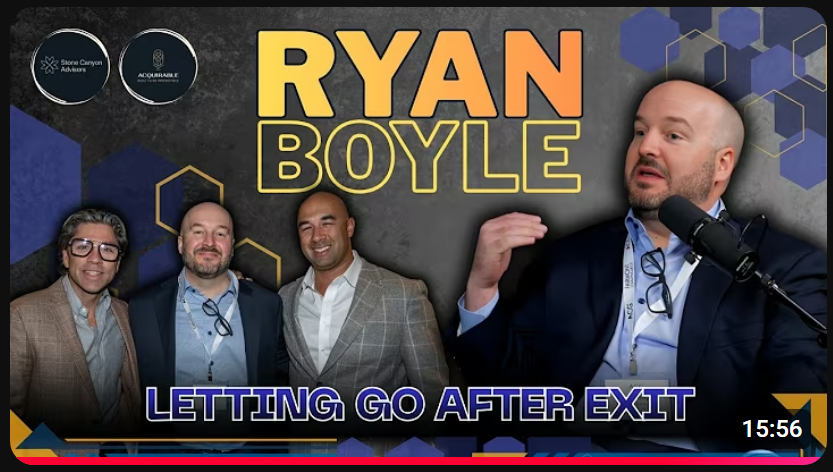What Is a Change Agent and How Can You Become One?

All employers seem to want a Change Agent. As executive search professionals, we hear from employers when they need a person who can make a difference. Sometimes the incumbent has failed, or the organization needs to be shaken up, or new owners have a new perspective. Often there is a “we’ve always done it this way” mentality and a cultural change is needed to enable the company to be competitive. However, change in and of itself is merely something different. NOT necessarily something better! So what does a company really want when it says “We need a Change Agent?”
Here are a few key guidelines we recommend, based on our observations of the good, the bad, and the ugly in Change Agents:
- Pain Killer: Change for change’s sake is worthless. A good change agent identifies the real pain in the organization – what must be changed for the company to move forward. And, a good change agent knows the difference between actions that are pain killers (essential) and vitamins (nice but not essential).
- Prioritizer: Bad change agents can be arbitrary. Given an agenda to change things, they try anything or everything. A good change agent will prioritize in terms of return on investment – What is required (people, money, time), and what is the benefit we can gain?
- Visionary: Change is not just repair of what’s broken. It means having the vision to see beyond the obvious, and to synthesize inputs that everyone else sees, but come up with a solution that no one else sees. It also means being future-focused. We don’t change for today, we change for tomorrow.
- Values People: We’ve replaced quite a few “Change Agents” who couldn’t play nice in the sandbox. Know-it-alls who didn’t bother to listen, and didn’t care who got hurt, as long as change was made. A good change agent is an exceptional listener, who really values people, wants to understand their needs, wants to hear their opinions, and doesn’t want to leave innocent victims in his wake.
- Motivator: Implementing good new ideas can cause hardship, or certainly inconvenience. Bad change agents employ a “take it or leave it” approach that increases the pain of the change. A good change agent makes absolutely certain they mitigate the hardships and portray the benefits of the change to each person.
- Leader: Motivating people through change is often leading by example. Cutting hours/pay? Cut your own too. Asking people to work harder? Be the first one in and the last one out. Introducing new products? Make each employee a product champion. Help them feel the value in the change.
- Learner: Learning is a key part of change. Bad change agents know it all already. Good change agents love learning, embrace learning, and instill this characteristic in the entire organization.
- Optimizer: A good change agent is not necessarily a perfectionist, but does believe that change is continuous and keeps evolving. A good change agent doesn’t stop at the first plateau, but keeps going, to optimize and get to a “best practices” state.
- Control: Last but not least, a good change agent is NOT a control freak. He/she will empower and energize the organization through the change, so that each participant “owns” the change themselves. This is truly the hallmark of cultural change.
























